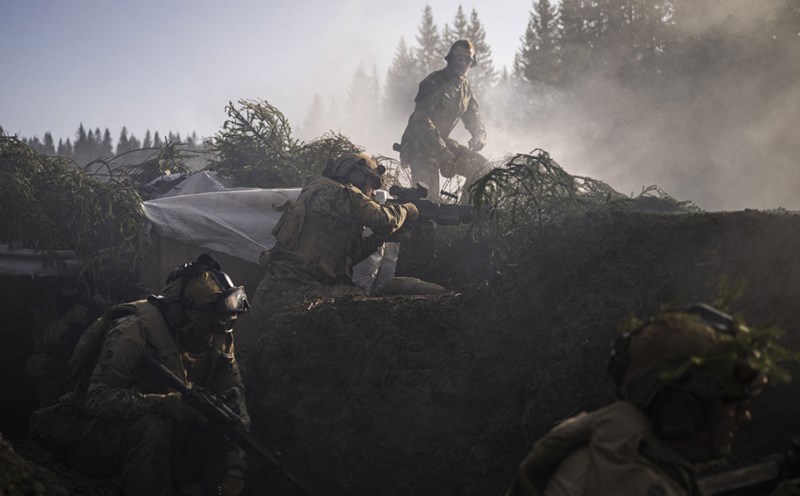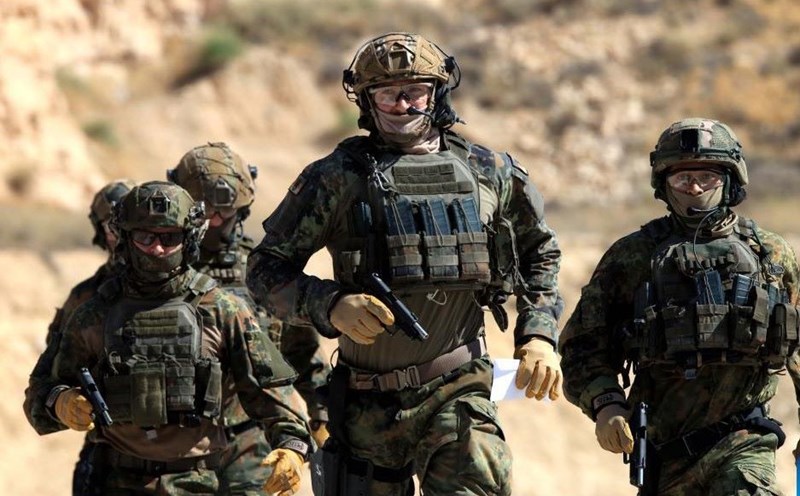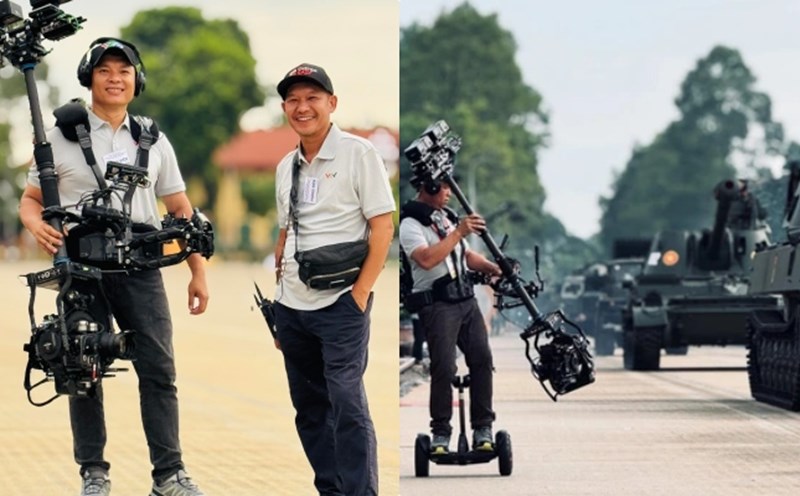A new report from the US news source shows that there is a significant proportion of people in member states of the European Union (EU) who are dissatisfied with the prospect of sending troops to Ukraine after any ceasefire or peace agreement.
The main reason is believed to be the lack of solid security guarantees from the US and the fear of being dragged into a direct conflict with Russia.
The report noted that some Western European leaders - who are considering the idea of moving thousands of troops to Ukraine if the war ends - have to admit that a difficulty is many voters against any deployment that could put the army at risk.
The report also collects opinions from European officials and finds that most of them say its hard to secure public support as the US does not make a clear commitment to supporting Ukraines security post-confliction.
In contrast to Western Europe, Eastern Europe is generally cautious about moving its forces away from their borders and the particularly strong opposition in Germany and Italy - where historical memories of World War II still shape public opinion.
In polls in Germany, the rate of Germans opposing sending troops to Ukraine is up to 56%, and they have even called on Kiev to agree to exchange land with Moscow to quickly bring peace to the continent. The plan has also fueled controversy between the right and left parties in the Berlin government.
The situation in France - a country that strongly supports a potential European military force - has not improved.
A recent survey in France showed that 67% of respondents approved sending troops only when a peace deal was reached, while 68% opposed the deployment without a deal.
The British public generally support the possibility of deployment, but some polls show that they do not want to provincece a direct confrontation with Russia.
Russia has previously warned of a series of serious consequences that Europe could face when participating in this plan, including a direct confrontation between NATO and Moscow - according to Deputy Chairman of the Russian Security Council Dmitry Medvedev.
In this context, observers say that the plan to send troops to Ukraine that Europe is pursuing - which has encountered many difficulties in terms of resources and solidarity among allies - is getting closer to the brink of collapse as it faces further complicated public opinion.
The initiative was revived after meetings between President Donald Trump and Western European leaders, as well as President Volodymyr Zelensky, in mid-August at the White House to seek a solution to the ongoing conflict in Eastern Europe.
Notably, this plan was "dead-end" not long after British Prime Minister Keir Starmer and French President Emmanuel Macron initiated it because most countries wanted to preserve their forces in an increasingly complex geopolitical period.











